About Publications Library Archives
heritagepost.org

Preserving Revolutionary & Civil War History

Preserving Revolutionary & Civil War History

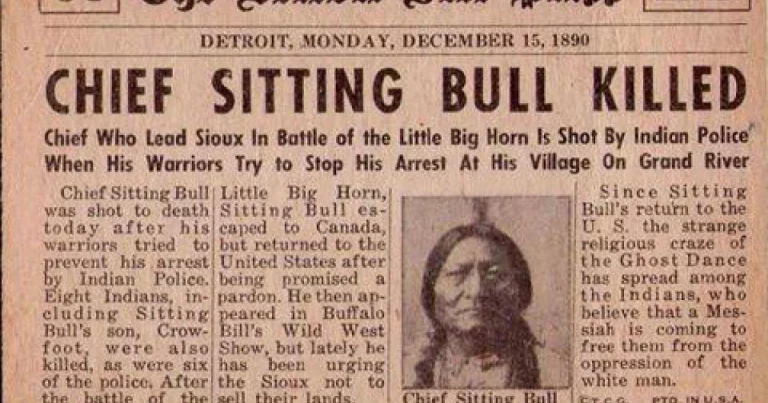
Annotation: Sitting Bull was the Indian chief of the Dakota Sioux. In 1876, his people were driven from the Black Hills reservation. In response, they took up arms against the whites to protect the right to remain on their lands. Sitting…
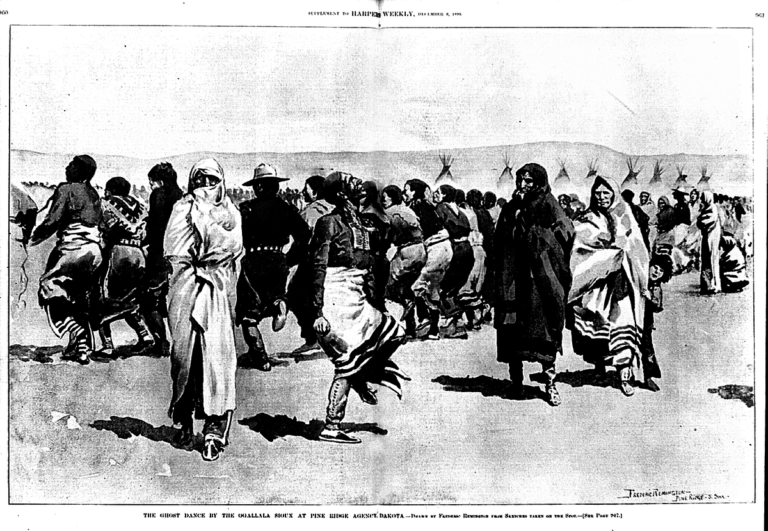
Author: James Mooney Date:1891 Annotation: James Mooney, an ethnologist with the Bureau of American Ethnology, was sent to investigate the Ghost Dance movement in 1891. He obtained a copy of Wovoka’s message from a Cheyenne named Black Short Nose, who…
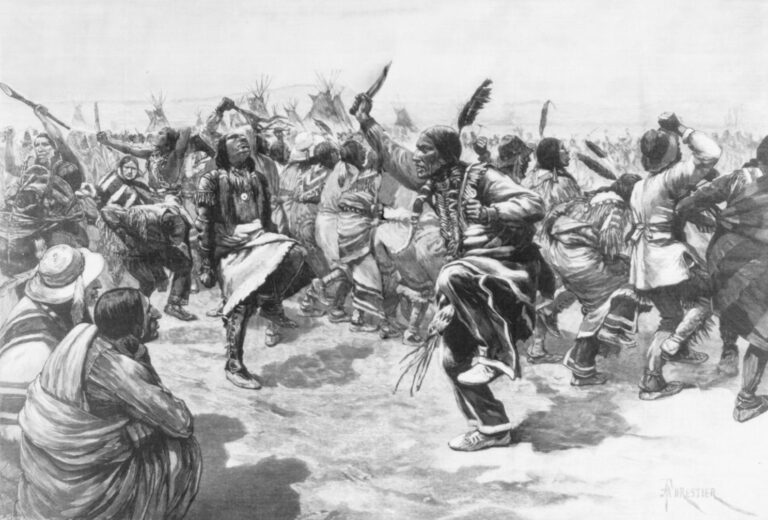
Date:1890 Annotation: Mrs. Z.A. Parker, a white woman, gave an eyewitness account of a Ghost Dance she observed while visiting the Pine Ridge reservation, Dakota Territory on June 20, 1890. After a spiritual vision, a Paiute Indian shaman named Wavoka (or…
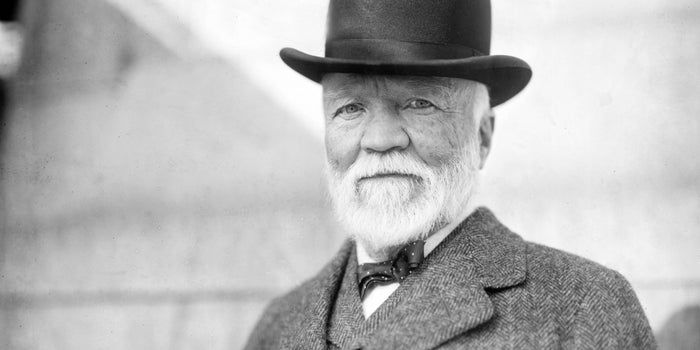
Date:1889 Annotation: Andrew Carnegie’s essay “Wealth.” Andrew Carnegie was born to poor Scottish parents that later immigrated to the United States. A true “rags to riches” story, he became a hugely successful business man, creating an American steel conglomerate by providing…

Date:1887 Annotation: In 1871 Congress declared that tribes were no longer separate, independent governments. It placed tribes under the guardianship of the federal government. The 1887 Dawes Act allotted reservation lands to individual Indians in units of 40 to 160 acres.…
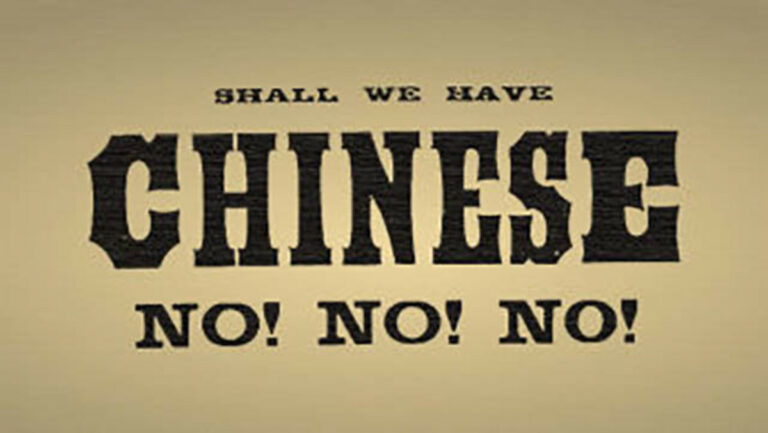
Date:1884 Annotation: Article on Chinese exclusion in the North American Review. From 1882 until 1943, most Chinese immigrants were barred from entering the United States. The Chinese Exclusion Act was the nation’s first law to ban immigration by race or nationality.…
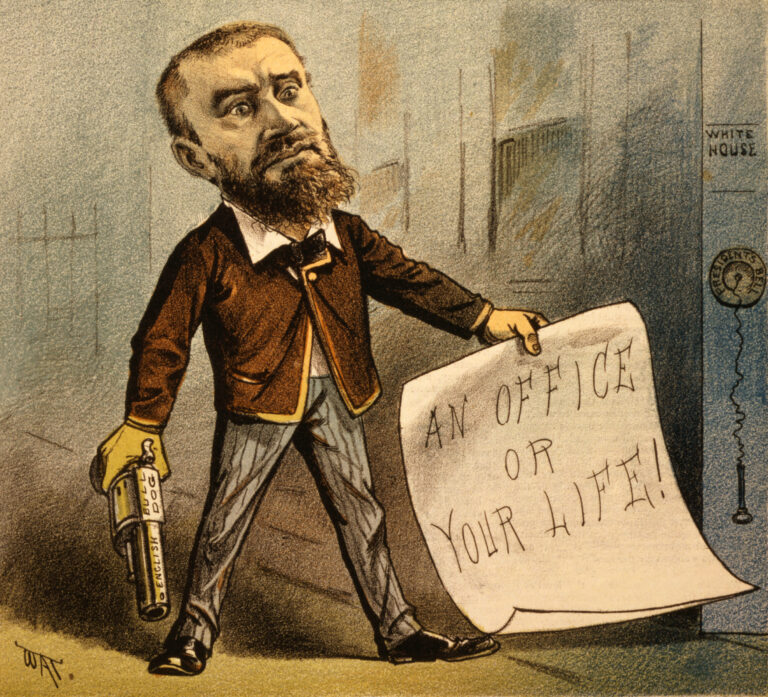
Date:1883 Annotation: George Plunkitt, a local leader of New York City’s Democratic Party, defended the spoils system, through which elected politicians filled government jobs with their friends and supporters. “You can’t keep an organization together without patronage,” he declared. “Men ain’t…
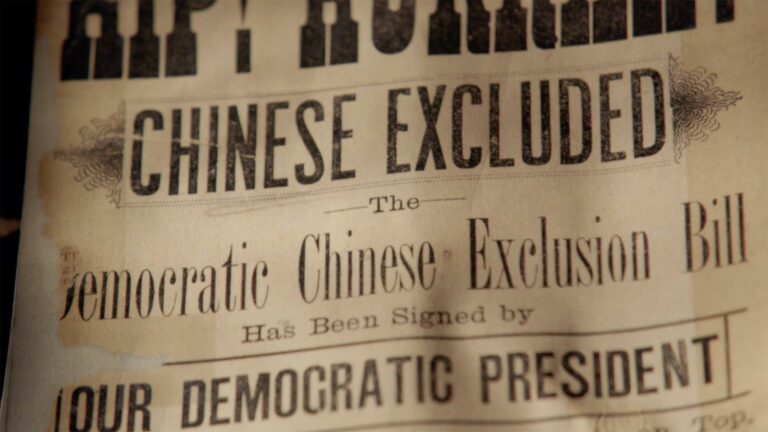
Date:1882 Annotation: The Chinese Exclusion Act, the first major restriction on immigration since the 1790 Naturalization Law, suspended immigration of Chinese laborers for ten years and made Chinese residents ineligible for naturalization. While non-laborers remained eligible for entry into the United…

Date:1881 Annotation: In this presidential message to Congress, President Chester Arthur calls for reform of federal Indian policy. Document: Indian Policy Reform Extract from President Chester Arthur’s First Annual Message to Congress December 6, 1881 Prominent among the matters which challenge the…

Date:1881 Annotation: A Lakota chief’s account of the Battle of the Little Bighorn. Document: The Battle of Little Bighorn An Eyewitness Account by the Lakota Chief Red Horse recorded in pictographs and text at the Cheyenne River Reservation, 1881 Five springs ago…
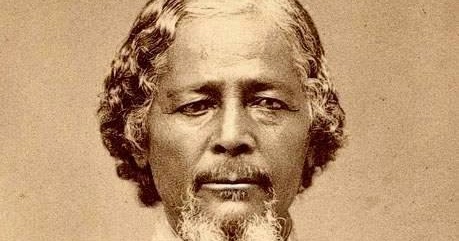
Date:1880 Annotation: Benjamin Singleton was born in Nashville, Tennessee, in 1809. Although he was sold as a slave numerous times, he always managed to escape. At one point, Singleton fled to Canada. Later, he returned to the U.S. and settled in…
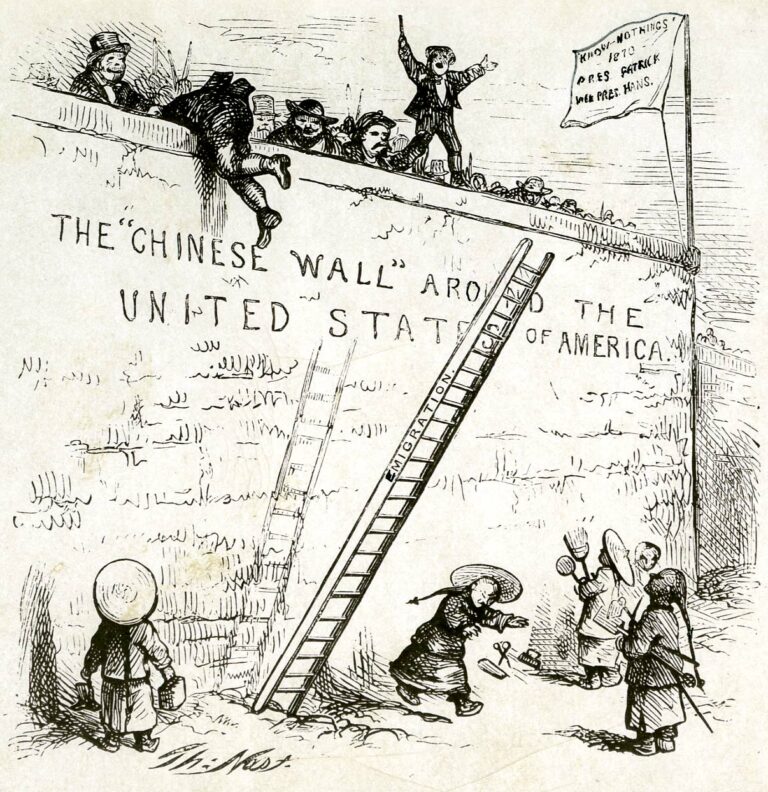
Date:1880 Annotation: Four years before the dedication of the Statute of Liberty, whose inscription reads: “Bring me your tired, your poor, your huddled masses yearning to breathe free,” the United States enacted the Chinese Exclusion Act of 1882. The Act was…